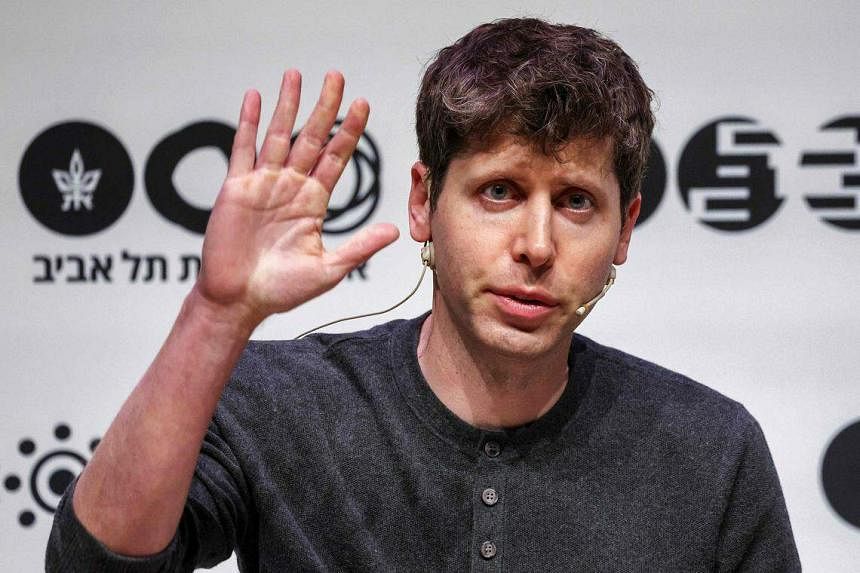LONDON - OpenAI, the company behind ChatGPT, has no plans to go public any time soon, with chief executive officer Sam Altman saying he wants to maintain full control over the start-up’s artificial intelligence (AI) technology as it becomes more powerful.
“When we develop superintelligence, we’re likely to make some decisions that public market investors would view very strangely,” Mr Altman said at an event in Abu Dhabi on Tuesday.
“I like being non-conflicted”, he added when asked about his own lack of equity in the company, “and I think the chance that we have to make a very strange decision someday is non-trivial”.
OpenAI has so far raised US$10 billion (S$13.5 billion) from Microsoft at a valuation of almost US$30 billion as it invests more on building computing capacity.
“We have a very strange structure. We have this cap to profit thing,” said Mr Altman.
OpenAI started off as a non-profit organisation but later created a hybrid “capped-profit” company, that allowed it to raise external funds with a promise that the original non-profit operation still benefits.
While building their AI capacities, Mr Altman and many prominent scientists involved with creating and marketing the technology have warned of the threat it poses, particularly content-creating generative AI such as ChatGPT, with some equating it to extinction-level risk. They have demanded regulation.
Mr Altman emphasised his willingness to work with regulators to develop frameworks to reduce potential harm from AI.
Abu Dhabi is the latest stop in a weeks-long world tour that is taking Mr Altman across Europe, the Middle East and Asia, meeting lawmakers and officials who are beginning to create rules to govern AI technologies.
His comments at public events along the way have been closely scrutinised.
Before coming to Europe, Mr Altman spoke in Washington where he called for more regulation and said his “greatest fear” was that the technology would cause significant harm. BLOOMBERG, REUTERS

